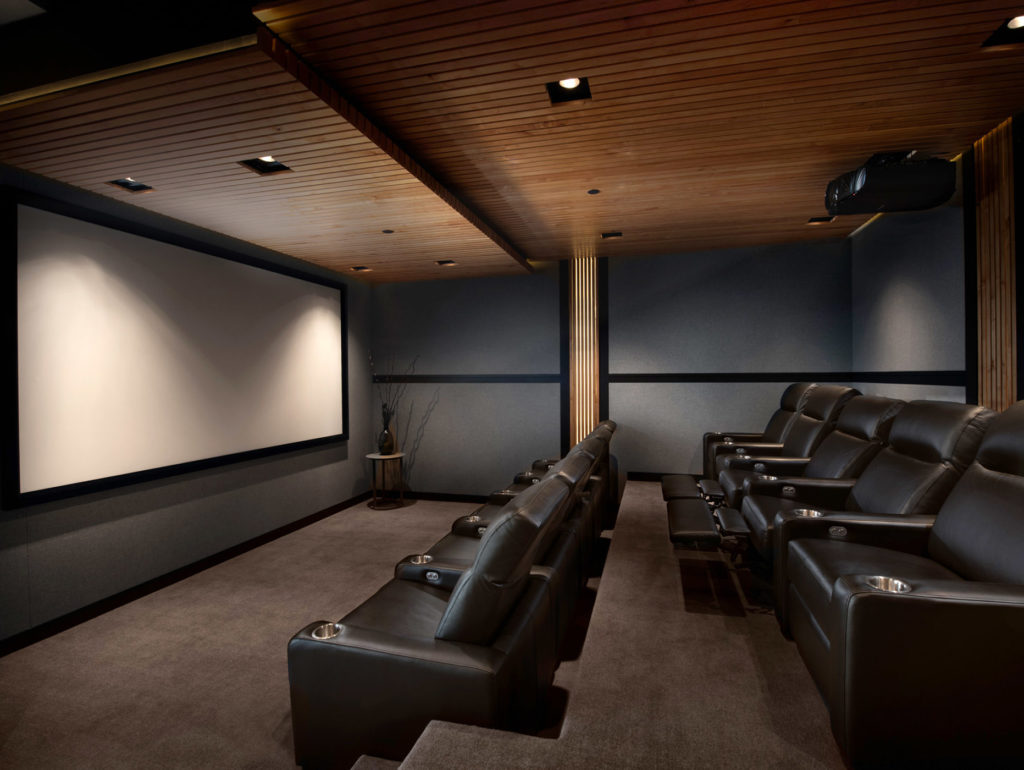When I was 6, my goal in life was to play home theater installation Los Angeles on Broadway. At the time, it didn’t seem to matter that I was a round brown girl who didn’t quite fit any respectable casting director’s vision of this role. As a kid, it wasn’t about “getting the job.” I wanted to be involved in something important that made people happy. I wanted to use my imagination and have fun with other kids. I wanted to be part of the show.
It wasn’t until I completed my studies in theater at Northwestern University and began my career that I began to realize the real benefits of my involvement in theater. After almost 20 years of teaching theater to children and youth of all ages, cultures, backgrounds, interests, and learning styles, I have discovered the key benefits of being involved in theater for every kind of kid. I have learned that your kid doesn’t have to be the show-off or the drama geek or the drama queen or the tortured genius types to benefit from being involved in theater. Sure, I was one of those types (all of those types, actually) and I knew from a very young age that my life’s work was theater-related. However, I have worked with shy kids and jock kids and animal lovers and math nerds and bullies and princesses and over-achievers and kids with special needs and…the list goes on and on. And I know that theater has the power to go beyond the stereotypes we are given to reach people at an authentic human level and help us ask ourselves, “How can I become a better person?”
Kids who are involved in theater are going through the process of answering this question for themselves. In my programs at Glitter & Razz Productions in Oakland, CA, our goal is to make this process conscious through our methodology of teaching and reinforcing social/emotional skills through the collaborative creation and performance of original plays. Not all theater and drama programs focus on this goal as consciously as we do and that’s okay, too. Your kid may be cast as Annie (lucky!) in the local community theater production. The goal of that organization is most likely to present the best possible play and sell as many tickets as they can. But, I guarantee you. Your little Annie is still becoming a better person. In fact, your kid who wanted to play Annie but is playing Orphan #8 instead is also becoming a better person. Your kid who had no desire to be on stage but is helping paint the sets and run props during the show is becoming a better person. Even your kid who wasn’t ready to audition for the play this year but is taking the theater’s “Acting 101” class after school is becoming a better person.
No matter who your kid is or what their interests are, there are 5 key reasons why being involved with theater makes your kid a better person.
1. She is Discovering her Real Talents
Theater is a multidisciplinary art form. Successful theater productions at every level from Broadway to after school drama club to your backyard are dependent on a group of diverse people with diverse talents coming together towards one common goal. Theater needs performers and directors and writers and designers and musicians. Theater needs people who are strong leaders and marketers and managers and financial decision makers. There is a place for everyone in the theater and being involved can help your kid discover just where she fits into the big picture.
2. He is learning Collaborative Problem Solving
When you have all of these diverse folks coming together towards one common goal, there will inevitably be hundreds, even thousands of “good ideas.” And all of these ideas have to somehow create 1 play that the audience will understand and enjoy. According to the Collaborative for Academic, Social, and Emotional Learning, there are 5 core areas of competency in social/emotional learning; self-awareness; self management; social awareness; relationship skills, and responsible decision-making. Theater offers the ideal playground for children and youth to practice and strengthen these competencies. Being involved in a theatrical production means:



